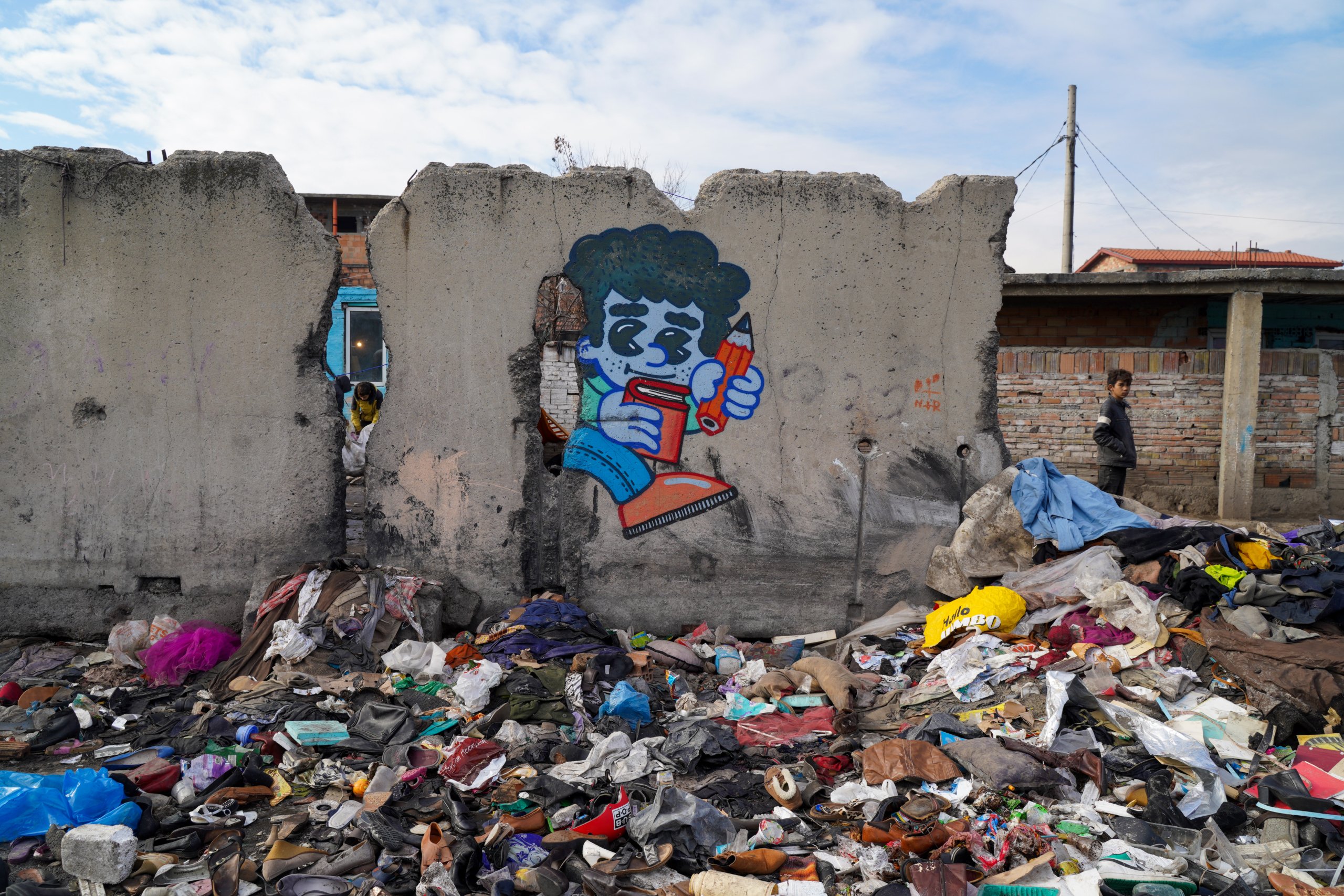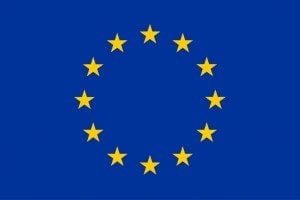
Cultivating the citizens of tomorrow in Sliven
Cities can be contentious spaces all over the globe. Unequal distribution of resources such as water or access to green spaces is becoming an increasingly pressing issue; many cities have highly uneven and fragmented geographies: enclaves of wealth on the one hand and extreme deprivation and segregation on the other. In certain locations, impoverished ethnic minorities disproportionately suffer from exposure to environmental hazards and are denied environmental benefits such as sewage treatment and sanitation.
Racialized communities such as Roma are often politically constructed as non-productive ‘environmental profligates’, feeding geography of exclusion and a culture of blame. The ‘other’, for whom subhuman living conditions are considered to be expected or appropriate, is thus more likely to live next to dump sites or polluting factories and suffer from urban neglect. Recently, the European Environmental Bureau confirmed that Roma neighbourhoods in Central and Eastern Europe are increasingly excluded from access to clean and safe water, adequate sanitation and/or waste collection.
The segregated neighbourhood of Nadejda in Sliven, Bulgaria, where around 10,000 people live, is the perfect example of such environmental injustice. Nadejda is physically cut from the rest of the city by a concrete wall and railway, creating a symbolic as well as a physical distance, accentuating the gulf between two groups: the ones from inside Nadejda, perceived as Roma, and the ones outside, the Bulgarians.
This segregation legitimizes a logic of exclusion from urban development policies. The concrete results of this unofficial policy are a lack of green areas, playgrounds, or sports facilities, as well as chaotic infrastructure with limited access to drinking water and sanitation. Children are especially impacted and are deprived of a healthy, safe, and green environment, resulting in poorer socioeconomic outcomes later in life.
While Roma children are disproportionately affected, the whole city of Sliven would benefit from the democratic participation of its inhabitants in a discussion about green spaces and their ecological development. The project ‘Healthier, Safer and Greener Environment for and with Roma Children’ aims to address environmental justice and demand environmental benefits for all.
Through a democratic approach, we will mobilize and involve children to be the citizens of tomorrow: more conscious and more involved in social and ecological issues. To this end, throughout the year, Foundation For Hope (Za Nadejda) will work with children from the segregated Roma school Bratya Miladinovi, where most of the children from Nadejda are enrolled, and young people from Sliven’s municipal youth centre, Youth House Sliven.
Together, we will develop a plan for more green spaces in Sliven by meeting with ecologists, landscape architects, urban planners, architects, activists and other specialists. To better imagine what a park should contain, we will visit several city parks to discuss the existing infrastructure, its adjacent vegetation and urban solutions. Of course, the project also provides for learning through entertainment, for which purpose we will organize a visit to the Karandila hilltop, the city’s main attraction. We will also celebrate International Children’s Day on 1 June with a music, dance, theatre and games festival. All this will help the children develop their imagination and imagine a park next to the railway station in the city, the plan of which they will then present to the Municipality and other interested institutions. By creating the setting to work together, the project strives to tackle the issue of segregation and to allow for social mixing and knowledge sharing between Roma and non-Roma, changing social perceptions about the ‘other’ and fighting for environmental justice for all.
 Nadejda neighbourhood. Credit: Gilles Oger.
Nadejda neighbourhood. Credit: Gilles Oger.
 This content is a guest post from one of our partner organizations about their work as part of our ‘Minorities, Accountability, Rights, Independence and Organisational Development’ (MARIO) programme. Learn more >
This content is a guest post from one of our partner organizations about their work as part of our ‘Minorities, Accountability, Rights, Independence and Organisational Development’ (MARIO) programme. Learn more >
 MARIO is funded by the Citizens, Equality, Rights and Values Programme (2021-27) of the European Union (ref: 101091387).
MARIO is funded by the Citizens, Equality, Rights and Values Programme (2021-27) of the European Union (ref: 101091387).


